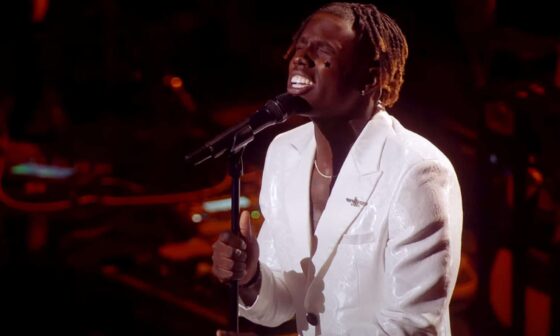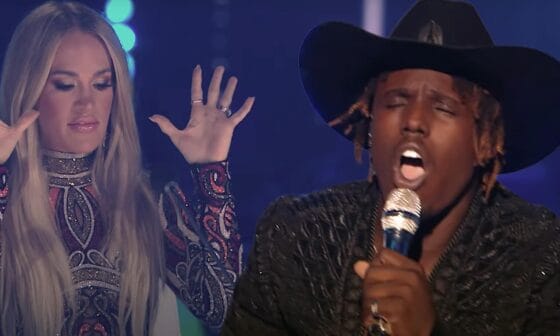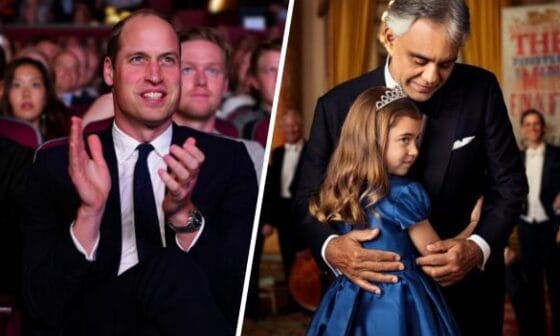Glastonbury has changed. The rolling fields and fluttering flags remain, but the festival’s soundtrack has shifted—now pulsing with chart-topping pop, hip hop, R&B, and dance music. This evolution isn’t unwelcome; in many ways, it keeps the festival alive, dynamic, and relevant. Yet, in this vibrant mosaic of modern sounds, the presence of rock’s elder statesmen can feel almost out of place.
Tonight, that contrast was stark.
As festival-goers weighed their evening options—Charli XCX’s fearless pop spectacle, Doechii’s Grammy-winning hip hop, Scissor Sisters’ disco revival, or Leftfield’s nostalgic 90s rave—Neil Young prepared to take the Pyramid Stage for Glastonbury’s most coveted slot. Against such contemporary energy, Young, the so-called “Godfather of Grunge,” suddenly felt like the outsider. And that made him feel, strangely and beautifully, alternative again.
Before his set, the scene was telling: the crowd remained thin, filling in only moments before he appeared. For a living legend, it was an unusual sight—yet perhaps fitting for an artist who has always gone his own way.
Then, without fanfare, Neil Young walked onstage. Alone. A single white light cast long shadows as he took his seat, cap pulled low, acoustic guitar in hand. He began with Sugar Mountain—just his voice and his strings. In an age of lasers, LED screens, and pyrotechnics, the simplicity felt almost jarring.
And yet… it was spellbinding.
Because when the songs are this good—when they’ve truly stood the test of time—they don’t need dressing up. Once Young’s band, The Chrome Hearts, joined him and launched into Be the Rain, his unmistakable guitar tone cut clean through the evening haze. It was raw, loud, imperfect, and utterly alive.
His set, steeped in folk and rock, felt like a grounding force amid the festival’s overstimulated atmosphere. Each song was a reminder of why Neil Young matters—not because of nostalgia, but because of the enduring emotional truth in his music.
There were no gimmicks. Just the ragged groove of Hey Hey, My My (Into the Black), the heartache of Old Man, the gentle romance of Harvest Moon, the storm of Like a Hurricane, and the aching clarity of The Needle and the Damage Done. In those moments, it wasn’t about being loud or trendy—it was about being real.
At 79, Young is no longer the fiery performer of decades past. His voice—always divisive—remains weathered and raw. But paired with a seasoned band and a body of work that has helped shape generations of musicians, his presence carries the weight of a lifetime lived through song.
If there’s one small critique, it’s that the show didn’t close with the riotous force of Rockin’ in the Free World, which had the crowd roaring. Instead, Young chose the more subdued Throw Your Hatred Down—a quieter finish, though not without purpose.
Still, it was a night to remember. A quiet triumph.
Glastonbury may be changing. The sounds may be shifting. But Neil Young reminded us all that the spirit of rock and roll—the honest, unvarnished kind—still has something powerful to say.




